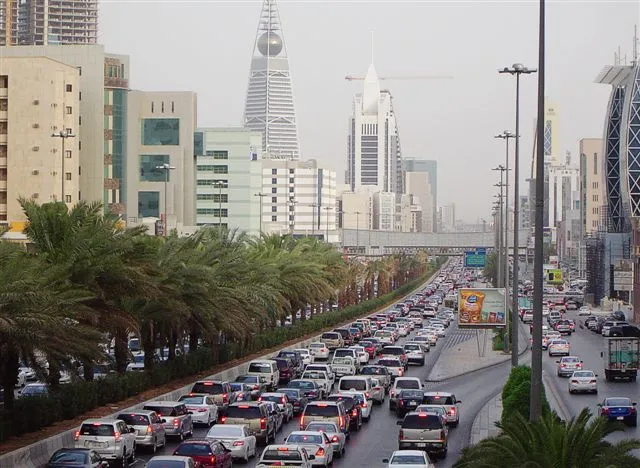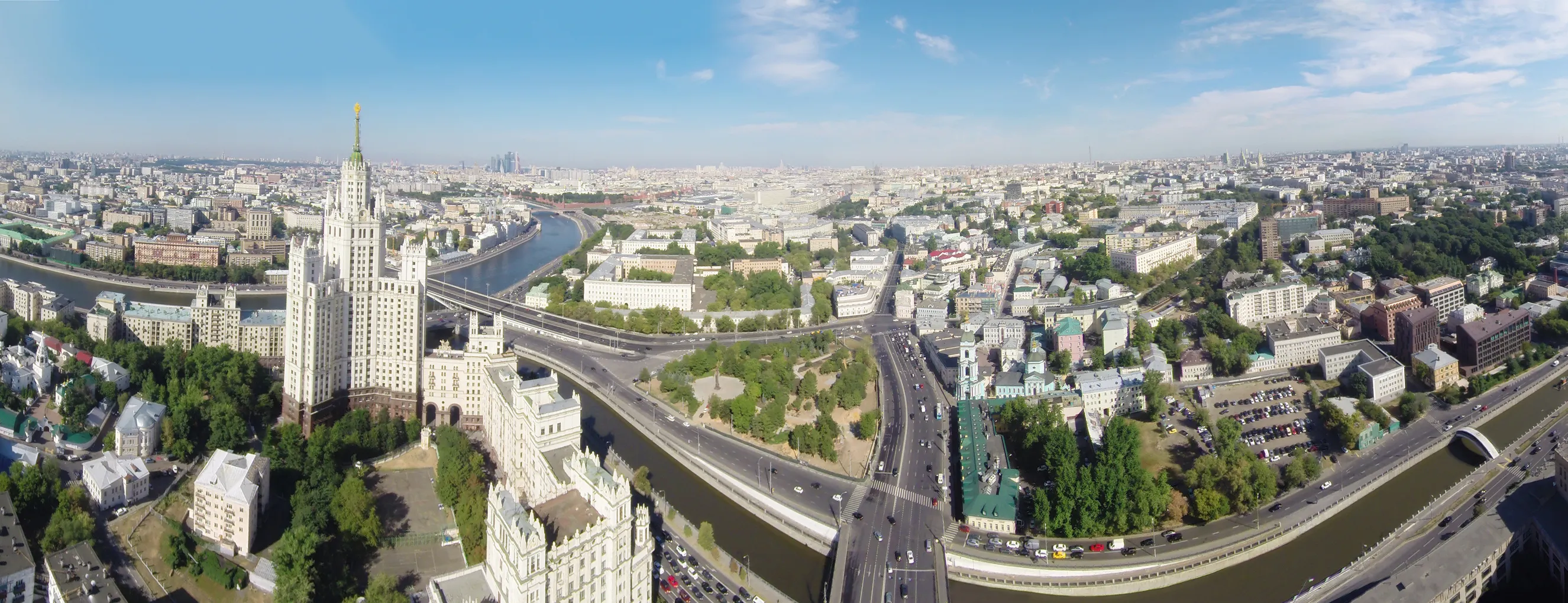A road design study is now being carried out for Latvian capital Riga. The study will evaluate solutions for connecting parts of the city and its port to the main Latvian highway network. The study will be part-funded by the EU’s TEN-T Programme, which is providing close to €1.8 million. The project will be completed by the 31st December 2015 and involves the construction of a new link to the Freeport of Riga that will carry heavy goods vehicles, reducing traffic volumes and congestion in the historic city
November 11, 2014
Read time: 2 mins
A road design study is now being carried out for Latvian capital Riga. The study will evaluate solutions for connecting parts of the city and its port to the main Latvian highway network. The study will be part-funded by the 3287 EU’s TEN-T Programme, which is providing close to €1.8 million. The project will be completed by the 31st December 2015 and involves the construction of a new link to the Freeport of Riga that will carry heavy goods vehicles, reducing traffic volumes and congestion in the historic city centre. The detailed design studies are focussing on the two last segments, 3 and 4, or roughly half of the Northern Corridor, a 30km long inner city highway intended to relieve the Latvian capital from freight traffic. This new route will improve transport efficiency in the Greater Riga region, as well as integrating the city and the Freeport with the Trans-European road network. The project was selected for EU funding with the assistance of external experts under the TEN-T Annual Call 2013, priority 'Road transport'. Its implementation will be monitored by INEA, the 2465 European Commission's Innovation and Networks Executive Agency.







